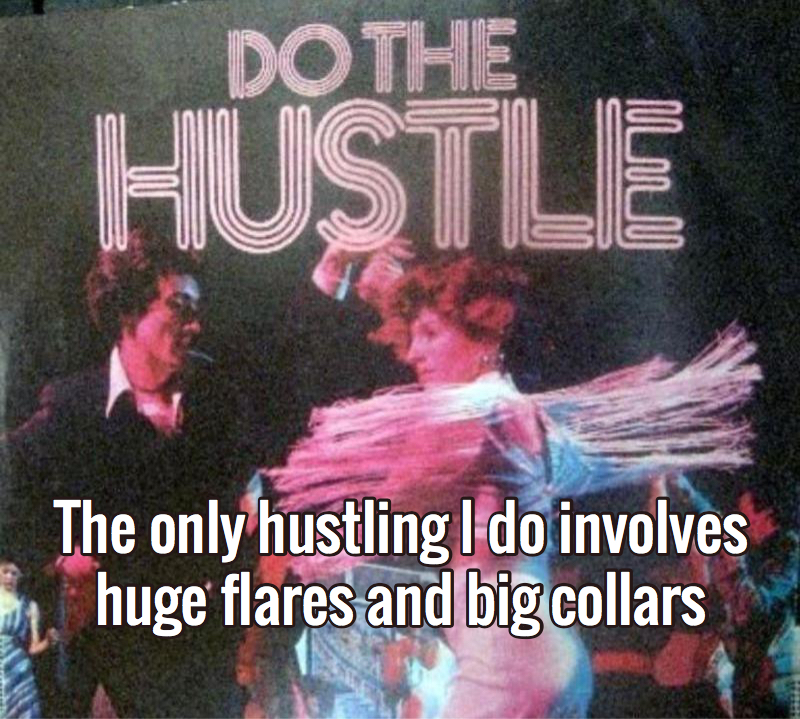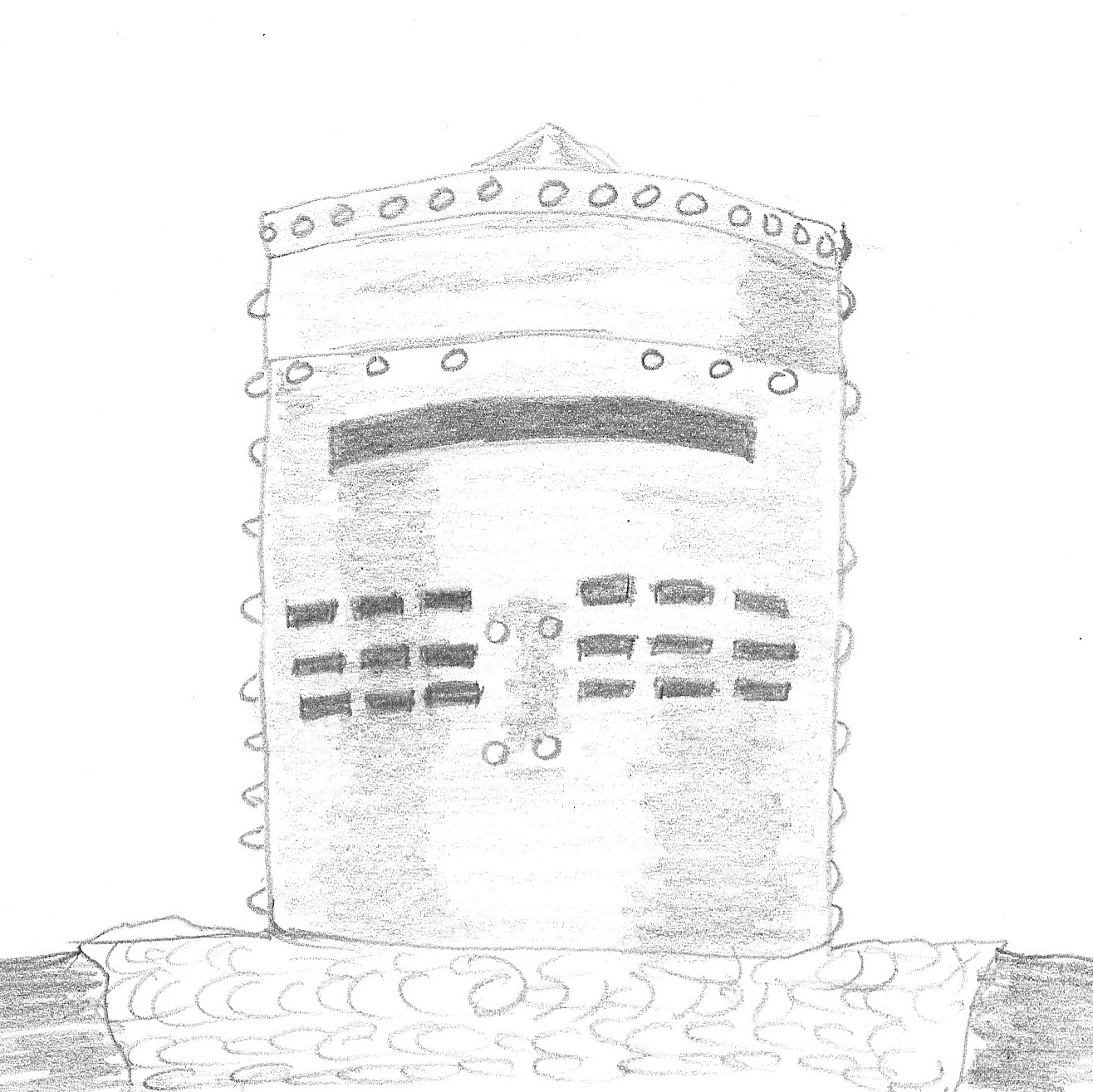Ever been in a team where everyone trusted everyone else to give their all and you all looked after each others’ backs? It felt good, didn’t it? I’m betting that team was one of the most successful you’ve ever been part of.
Remember when you last met up with your mates for a few beers? People you had known from school days, had got into scrapes with, made mistakes with. Can you remember the times you fished each other out of trouble, covered up for each other’s nefarious activities, looked after each other when you’d gone too large too early? Doesn’t it feel great to be with people you can trust, with a bunch of people who care for each other?
That warm glow that you feel is because you are in a circle of safety. It triggers the release of two chemicals in our brain that make us feel good.
We release serotonin, which makes us feel responsible for those who help us succeed. And helping us gives them a hit of serotonin in return.
We also release oxytocin, which generates feeling of friendship, love and deep trust. It causes us to carry out acts of generosity, to feel empathy for others, and to develop bonds of trust and friendship. Not only that, it’s effect last and grow stronger over time, replacing that serotonin hit with a continuing good feeling.
This is how we feel inside a circle of safety, when we feel that we belong.
I always tried to create circles of safety for the teams I led and I believe the successes I achieved where due in large part to this. I didn’t know why it worked at the time but I could see that it did and it was just the way I preferred to work. I am prefer positive, progressive environments, I prefer to enlist people and persuade them to co-operate. They give much more than you expect when you do that. Now I know I was just addicted to the good chemicals!
However, when I reflect back on my corporate life, I have to say there weren’t too many occasions when I felt in a circle of safety. In fact, most of the time the environment seemed to have been created to have the opposite effect. A culture of fear and control kept us continually on alert, or ‘on our toes’ as our managers euphemistically put it.
When we feel threatened in this way, our body responds by firing up our fight or flight response. Cortisol and adrenaline flood our body so that we can deal with immediate danger, the levels returning to normal once the threat has disappeared. However, under a culture of fear the feeling of danger is constant so the threat never disappears. Consequently, our body retains the high levels of cortisol for long periods of time, which causes very real damage to our bodies and our health.
When you leave the Mothership, when you are no longer part of the corporate life, that sense of permanent danger is removed and your body is no longer stressed in that way. However, you are also removed from the circles of safety that existed. Even in the worst environments, you always have a few colleagues who look out for you and watch your back. Even the worst corporate provides support and protection from some of the sources of danger.
Now you are alone, isolated and feeling very vulnerable. Like the old antelope left by the herd for the lions to attack, you now feel in mortal danger and your fight or flight response is on full alert.
This is why you may feel jumpy, edgy, and find it difficult to concentrate, feelings you may have expected to leave behind once you had escaped the fear-driven culture of the corporate.
In this situation, it’s very important to connect with the other communities that you are part of, to get that social connection and the reassurance that you belong to other circles of safety. It’s also important to start building new networks of people who are in a similar situation, where you can support each other and create a new circle of safety for each other. You may not really feel like doing either of these things but it really is crucial to your well-being and success in coping with this situation.
One of my aspirations is to create a community around this blog and to enable the formation of those circles of safety. To make it easier for us to connect with others of like-mind and experience, so that we once again feel that there are some people looking after our back, who care for us and who we care for in return, somewhere that we feel safe and feel that we belong.


